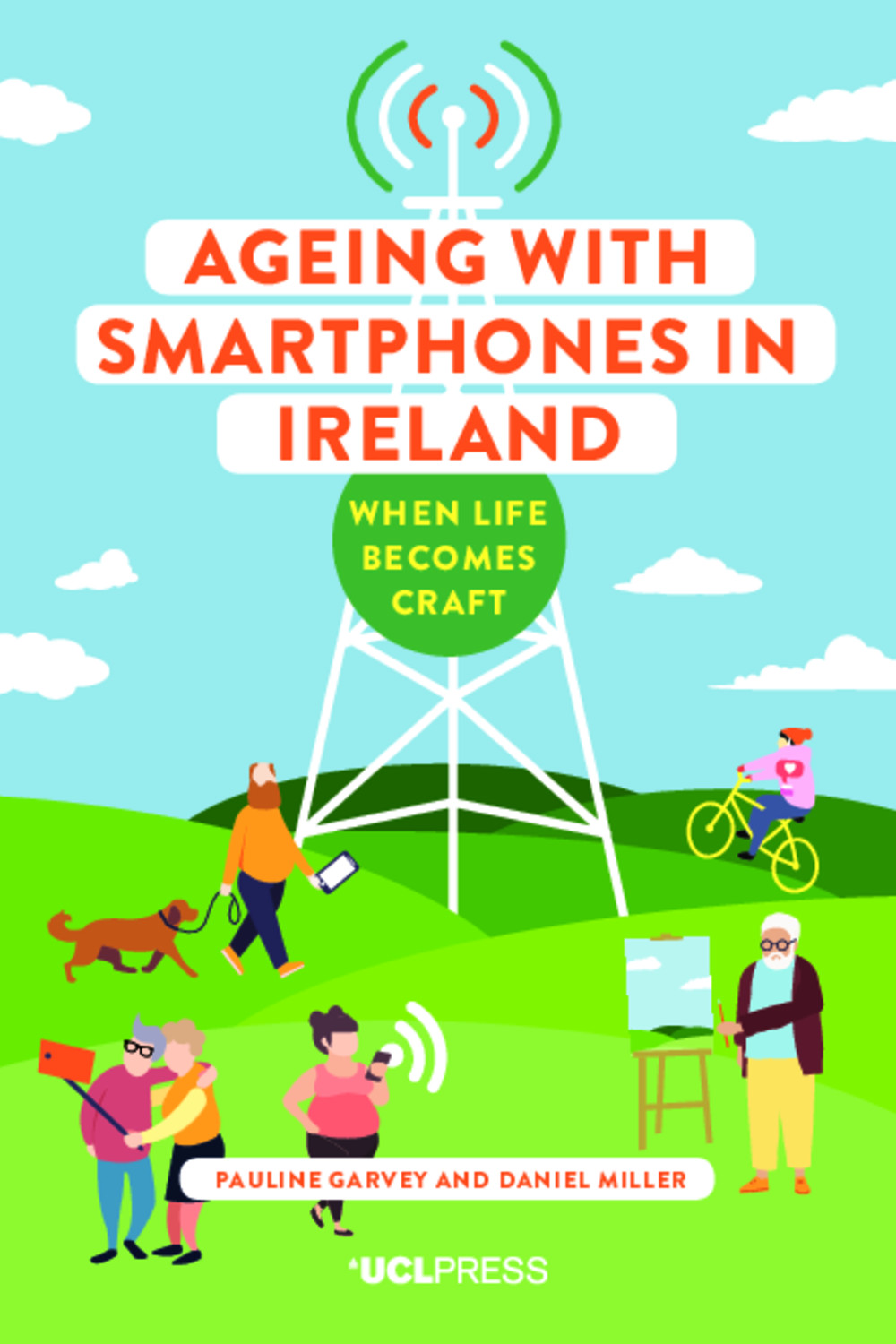Revolution Beyond the Event
The afterlives of radical politics
Edited by Charlotte Al-Khalili, Narges Ansari, Myriam Lamrani, and Kaya Uzel
Revolution Beyond the Event brings together leading international anthropologists alongside emerging scholars to examine revolutionary legacies from the MENA region, Latin America and the Caribbean. It explores the idea that revolutions have varied afterlives that complicate the assumptions about their duration, pace and progression, and argues that a renewed focus on the temporality of radical politics is essential to our understanding of revolution. Approaching revolution through its relationship to time, the book is a critical intervention into attempts to define revolutions as bounded events that act as sequential transitions from one political system to another. It pursues an ethnographically driven rethinking of the temporal horizons that are at stake in revolutionary processes, arguing that linear views of revolution are inextricably tied to notions of progress and modernity. Through a careful selection of case studies, the book provides a critical perspective on the lived realities of revolutionary afterlives, challenging the liberal humanist assumptions implicit in the ‘modern’ idea of revolution, and reappraising the political agency of people caught up in revolutionary situations across a variety of ethnographic contexts.
Charlotte Al-Khalili is a social anthropologist trained in philosophy. She is currently a Leverhulme fellow at Sussex University and a research associate at CéSor (EHESS/CNRS). Narges Ansari is a social anthropologist whose doctoral thesis, funded by ERC studentship, considers conceptions of agency and subjectivity within Shi’a rituals of mediation in the revolutionary and post-revolutionary context of Iran (UCL Anthropology 2022). Myriam Lamrani is a Marie Skłodowska-Curie Global Fellow at Harvard University and at Panteion University. Kaya Uzel is a PhD-candidate in anthropology at UCL whose research into the aftermath of Burkina Faso’s 1983 revolution under Thomas Sankara has been funded by an interdisciplinary ESRC/AHRC studentship.
List of figures
Notes on contributors
Acknowledgements
Introduction
Charlotte Al-Khalili, Narges Ansari, Myriam Lamrani, Kaya Uzel
PART 1: The Shifting Grounds of Revolutionary Temporality
1. The Remains of Revolution: Disagreements about Revolutionary Failure in Nicaragua
David Cooper
2. Picturing Absence in Post˗Revolutionary Yemen
Gabriele vom Bruck
3. Smoking, Praying, Killing: The Politics of Boredom in Post-Revolutionary Libya
Igor Cherstich
4. Religious Transformations after the 1979 Iranian Revolution: From Imam Hussein as Exemplar Back to Intercessor
Mary Elaine Hegland
PART 2: Rethinking Revolutionary Afterlives: Anthropology and Beyond
5. The ‘Revolution Before the Revolution’: Radical Organizing Across the Longue Durée in Twentieth Century Peru
David Nugent
6. Cosmogony and Second Nature in Revolutionary Cuba
Martin Holbraad
7. On the Question of Optimism in Troubled Times: Revolution, Tragedy and Possibility in Caribbean History
Brian Meeks
Index
Afterword
Behrooz Ghamari-Tabrizi
Index
Format: Open Access PDF
218 Pages
11 colour photo/halftones
Copyright: © 2023
ISBN: 9781800081185
Publication: May 02, 2023
Related products
Ageing with Smartphones in Ireland
There are not many books about how people get younger. It doesn’t happen very...Ageing with Smartphones in Japan
Older adults in Japan, one of the most ageing populations in the world, are s...Ageing with Smartphones in Uganda
Ageing with Smartphones in Uganda is based on a 16-month ethnography about ex...Ageing with Smartphones in Urban Brazil
With people living longer all over the world, ageing has been framed as a soc...Ageing with Smartphones in Urban Chile
What does it mean to be ageing in Chile as a migrant? What does it mean to be...Ageing with Smartphones in Urban China
If we want to understand contemporary China, the key is through understanding...








